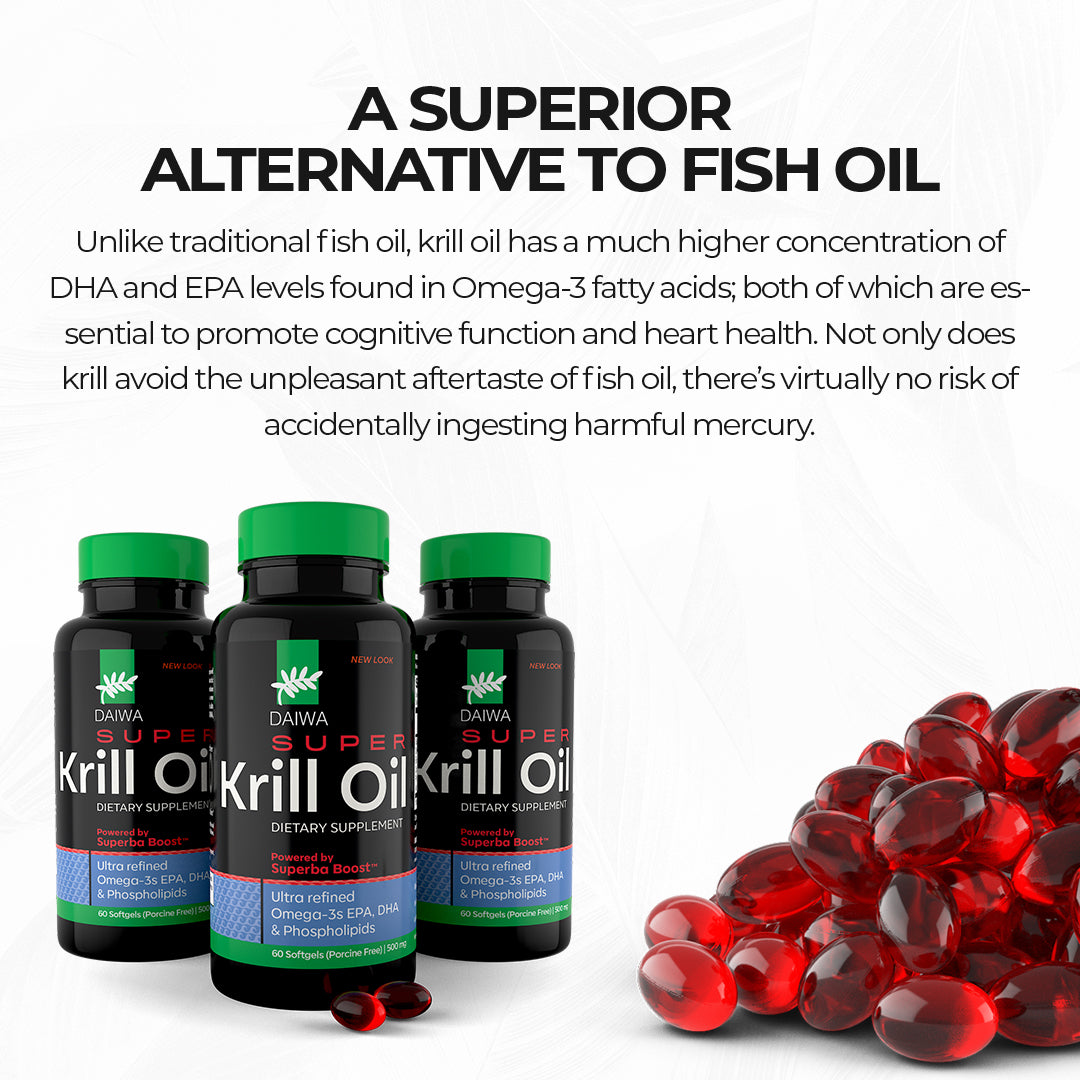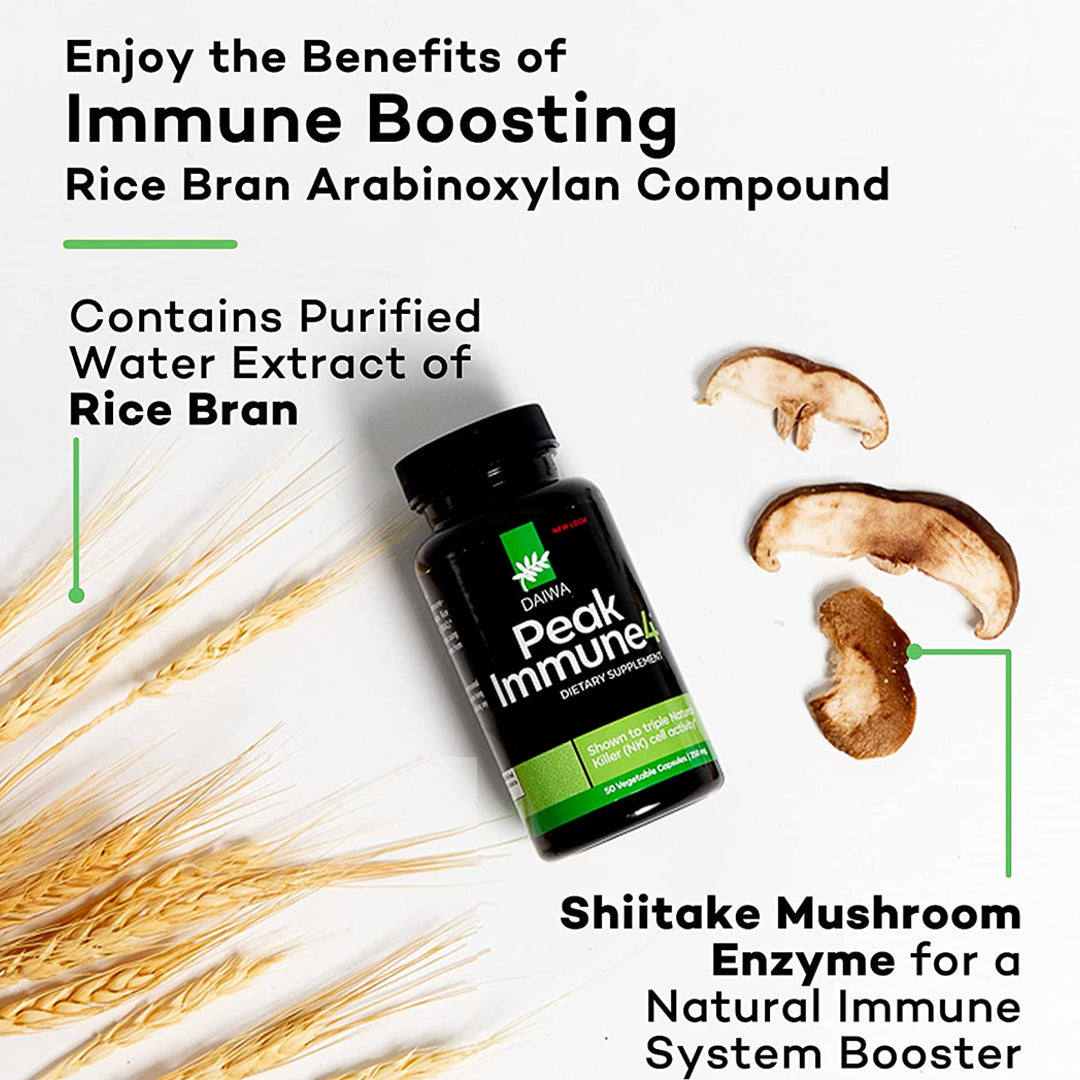Increased inflammation levels can elevate the risk of developing heart problems. Inflammation is the body's natural defense mechanism against infection or harmful substances that cause injury or illness. When such damage occurs, white blood cells and signaling molecules called cytokines rush to the affected area, resulting in swelling and redness. Acute inflammation is a temporary, beneficial process that promotes healing by repairing damaged tissue. Immune cells release chemicals that increase the permeability of blood vessels, allowing fluids to escape into surrounding tissues and cause swelling.
Chronic inflammation arises from prolonged exposure to harmful substances such as toxins found in processed foods, cigarette smoke, and excess body fat.
This persistent inflammation plays a key role in the development of atherosclerosis. Elevated cholesterol levels in the bloodstream attract white blood cells and other inflammatory agents, which accumulate to form plaques within the inner walls of blood vessels.
These plaques consist of immune cells, fat deposits, and smooth muscle cells that engulf these lipids, contributing to the thickening and hardening of artery walls. Over time, the plaques can grow larger and become unstable. Inflammation weakens the fibrous cap covering the plaque, increasing the risk of rupture. When a plaque bursts, its contents spill into the bloodstream, potentially triggering the formation of a blood clot. If such a clot obstructs an artery supplying the heart, it can cause a heart attack; if it blocks an artery leading to the brain, it may result in a stroke.
CRP
C-reactive protein (CRP) serves as a key biomarker indicating heightened inflammation within the body. Even modest elevations in CRP levels can reveal underlying chronic inflammation that may compromise the health of blood vessels.
Scientists study how inflammatory molecules interact with the lining of blood vessels to gain deeper insight into how inflammation influences the risk of developing heart disease. Research consistently shows that individuals with elevated CRP levels face an increased likelihood of heart disease. Additionally, recent clinical trials have demonstrated that therapies targeting inflammation can significantly reduce the chances of recurrent heart disease and stroke events.
Organic Inflammation Links
Chronic inflammation is also linked to other diseases such as cancer, as ongoing inflammation can promote cellular damage and tumor growth. For example, cytokines like interleukin-6 (IL-6) serve as signalling molecules involved in the inflammatory response.
Controlling inflammation to prevent cardiovascular disease is crucial for maintaining long-term heart health. Conditions such as hypertension, elevated blood sugar, and high cholesterol can trigger the body's inflammatory response, so adopting lifestyle changes to manage these factors can provide lasting benefits. Chronic inflammation may also contribute to heart failure risk, particularly when compounded by infections like viral illnesses.
Effective lifestyle strategies to reduce inflammation include:
-
Healthy diet: Avoid processed and fast foods because they can trigger inflammation. Eat more whole grains, nuts, vegetables and fruits which have anti-inflammatory properties.
-
Daily exercise: At least 20 minutes of regular exercise daily can decrease inflammation. Fast walking and other moderate workouts are effective. There is no need for intense aerobic exercise which can sometimes trigger inflammation.
-
Weight management: Being overweight can result in having visceral fat or excess belly fat which can activate chronic inflammatory response.
-
Adequate sleep: Lack of sleep leads to poor energy and decreased productivity as well as increased inflammation.
-
Smoking cessation: Smoking injures blood vessels and leads to atherosclerosis. Quitting smoking dramatically lowers inflammation levels within a couple of weeks and also reduces heart disease risk by half.
-
Limited alcohol intake: Low levels of alcohol consumption can actually decrease inflammation and lower CRP levels. But high alcohol intake can induce stress, decrease antioxidants and induce inflammation leading to various alcohol-induced illnesses.
-
Stress management: Stress can lead to inflammation and also worsening of cardiovascular disease, rheumatoid arthritis, inflammatory bowel disease and depression.
Introduction to Cardiovascular Health
Cardiovascular health is fundamental to overall well-being, as the heart and blood vessels are responsible for delivering oxygen and nutrients throughout the body. Understanding the factors that contribute to heart disease is essential for both prevention and effective management. One of the most significant contributors to cardiovascular diseases is chronic inflammation.
The immune system, which normally works to protect the body from infections and injury, can sometimes trigger inflammation within the artery walls. This process can lead to the buildup of plaque, increasing the risk of heart attacks and other complications. Chronic inflammation is also linked to the development of high blood pressure, diabetes, and other medical conditions that further raise the risk of heart disease. Managing these conditions, along with adopting a healthy lifestyle, can help protect the heart and reduce the likelihood of developing cardiovascular diseases. Regular check-ups with a healthcare provider are important for monitoring risk factors and maintaining heart health.
The Role of Chronic Inflammation
Chronic inflammation is a long-lasting response by the immune system that can damage tissues and play a major role in the development of cardiovascular disease. When inflammation persists, immune cells may attack the artery walls, leading to the formation of plaque—a buildup of cholesterol, immune cells, and other substances.
Atherosclerosis
This process, known as atherosclerosis, narrows the arteries and restricts blood flow to the heart muscle, which can cause chest pain and increase the risk of heart attacks. In some cases, the plaque can rupture, leading to the formation of a blood clot that blocks blood flow to the brain, resulting in a stroke. Researchers continue to investigate how chronic inflammation contributes to these conditions and are exploring new ways to reduce its harmful effects. By understanding the connection between chronic inflammation and cardiovascular disease, individuals can take steps to protect their heart health and lower their risk of serious complications.
Causes and Risk Factors of Heart Inflammation
Heart inflammation, or myocarditis, can develop from a range of causes, including viral and bacterial infections, as well as autoimmune disorders where the immune system mistakenly attacks the heart. Medical conditions such as rheumatoid arthritis and lupus are known to increase the risk of heart inflammation.
Additional Factors
Additionally, factors like high blood pressure, high cholesterol, and diabetes contribute to the development of heart disease and can make heart inflammation more likely. Lifestyle choices, including smoking, obesity, and a family history of heart disease, also play a significant role in increasing risk. Recognizing and managing these risk factors is crucial for reducing the chances of heart inflammation and related cardiovascular disease. Working closely with a healthcare provider can help individuals create a personalized plan to control these risks and prevent complications.
Symptoms and Diagnosis of Heart Conditions
Heart conditions can present with a variety of symptoms, depending on the specific disease or disorder. Common warning signs include chest pain, shortness of breath, and persistent fatigue. Sometimes, heart conditions may not cause noticeable symptoms until a serious event, such as a heart attack or stroke, occurs.
Diagnosing?
To diagnose heart conditions, healthcare providers typically use a combination of physical exams, a review of medical history, and diagnostic tests like electrocardiograms (ECGs) and echocardiograms. Blood tests are also important for detecting signs of inflammation, such as elevated cytokines or cholesterol levels, and for identifying other chemicals that may indicate heart disease. Early detection and diagnosis are key to effective treatment and can help prevent more severe complications. If you experience symptoms or have risk factors for heart disease, it is important to consult a healthcare provider for proper evaluation and care.
This information is intended for educational purposes only.
These statements have not been evaluated by the Food and Drug Administration (FDA).
Our products and or articles are not intended to diagnose, treat, cure, or prevent any disease.
Daiwa Health Development does not provide medical advice, diagnosis, or treatment. For more information on our joint support supplement, see Daiwa Joint Health.
References:
“Fight Health-Robbing Inflammation.” Harvard Health, Harvard Health Publishing, www.health.harvard.edu/promotions/sumo/fighting-inflammation.
“Fight Inflammation to Help Prevent Heart Disease.” Johns Hopkins Medicine, Johns Hopkins Medicine, www.hopkinsmedicine.org/health/wellness-and-prevention/fight-inflammation-to-help-prevent-heart-disease.
“Inflammation and Heart Disease.” Www.heart.org, American Heart Association, 31 July 2015, www.heart.org/en/health-topics/consumer-healthcare/what-is-cardiovascular-disease/inflammation-and-heart-disease.
Piano, Mariann R. “Alcohol’s Effects on the Cardiovascular System.” Alcohol Research, vol. 38, no. 2, 2017, pp. 219–241., pubmed.ncbi.nlm.nih.gov/28988575/.
Ridker, Paul M, et al. “Antiinflammatory Therapy with Canakinumab for Atherosclerotic Disease.” New England Journal of Medicine, vol. 377, no. 12, 21 Sept. 2017, pp. 1119–1131., doi:10.1056/nejmoa1707914.
“Targeting Inflammation: A Missing Link in Heart Treatments.” Harvard Health, Harvard Health Publishing, Dec. 2017, www.health.harvard.edu/heart-health/targeting-inflammation-a-missing-link-in-heart-treatments.








Leave a comment
All comments are moderated before being published.
This site is protected by hCaptcha and the hCaptcha Privacy Policy and Terms of Service apply.